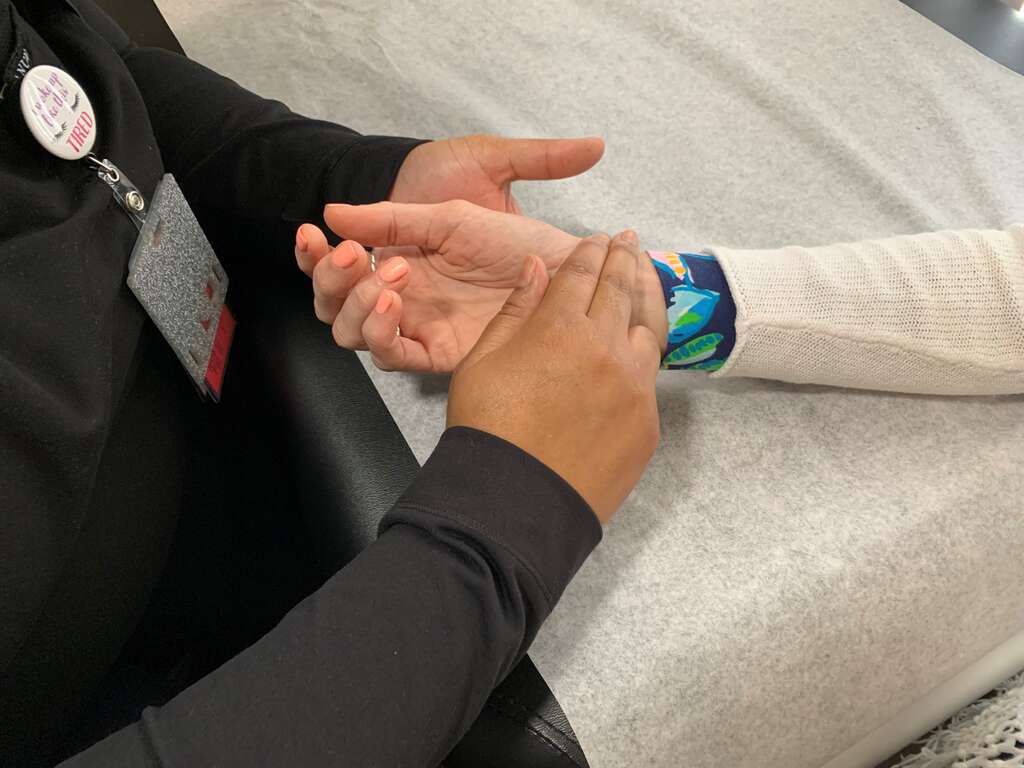Introduction
Alcohol detoxification is a critical process for those struggling with alcohol use disorder. It marks the first step towards recovery and can be both physically and emotionally challenging. Understanding what to expect during this time can significantly ease the journey. In this comprehensive guide, we'll dive into the intricacies of alcohol detox, the challenges faced during detoxification from alcohol, and practical advice on navigating these hurdles.
The Importance of Alcohol Detox
Why Alcohol Detoxification Matters
Alcohol detox is essential for individuals who have developed a dependency on alcohol. The body becomes accustomed to alcohol's presence, leading to physical and psychological symptoms when consumption ceases. Detoxification from alcohol allows the body to rid itself of toxins while managing withdrawal symptoms effectively.
Understanding Alcohol Dependency
Before starting alcohol detox, it’s crucial to understand what dependency entails. It often involves compulsive drinking behavior and an inability to control consumption despite negative consequences.
The Role of Medical Supervision
Detoxing from alcohol can be dangerous without proper medical supervision. Symptoms can escalate quickly, making it vital to undergo detox in a supportive environment where professionals can monitor health and safety.
Navigating the Challenges of Alcohol Detox: What to Expect
What Happens During Alcohol Detox?
During detoxification from alcohol, your body goes through several changes as it adjusts to not having alcohol in its system. This process typically lasts between 3 to 10 days but may vary based on individual circumstances.
Common Withdrawal Symptoms
Withdrawal symptoms can range from mild to severe, depending on various factors including duration and intensity of use:
- Mild Symptoms: Anxiety, insomnia, nausea Moderate Symptoms: Sweating, tremors, increased heart rate Severe Symptoms: Seizures, hallucinations (known as delirium tremens)
How Long Does Alcohol Detox Take?
The duration of detox varies per individual but generally lasts about a week. Factors influencing this include age, overall health, duration of alcohol use, and personal history with substance abuse.


Preparing for Alcohol Detox
Consulting Healthcare Professionals
Before beginning any detox program, it's essential to consult healthcare professionals who specialize in addiction medicine. This helps in creating a customized plan that suits your individual needs.
Setting Realistic Expectations
Understanding that withdrawal symptoms are temporary can medical alcohol detox help you maintain perspective during difficult moments. It's important to set realistic goals for yourself throughout the process.
Creating a Support System
Whether it's friends or family or support groups like Alcoholics Anonymous (AA), having a solid support system is crucial during this time.
Physical Challenges During Alcohol Detox
Managing Withdrawal Symptoms
While some withdrawal symptoms may be mild and manageable at home, severe ones require immediate medical attention. Many facilities provide medications that alleviate uncomfortable symptoms effectively.
Common Medications Used:
- Benzodiazepines (e.g., Diazepam) Anticonvulsants Nutritional supplements (thiamine)
Nutritional Needs During Detox
Proper nutrition plays an important role in recovery. Incorporating vitamins and minerals can assist your body in healing more quickly.
| Nutrient | Benefit | |-----------------|----------------------------------| | Thiamine | Prevents Wernicke's encephalopathy | | Magnesium | Reduces anxiety | | Electrolytes | Maintains hydration |
Emotional Challenges During Alcohol Detox
Understanding Emotional Withdrawal Symptoms
In addition to physical withdrawal symptoms, emotional distress such as depression or anxiety often arises during detoxification from alcohol.
Therapeutic Approaches
Engaging with therapists or counselors who specialize in addiction treatments can provide coping strategies necessary for managing emotional volatility during this period.
Coping Strategies for Success
Mindfulness and Relaxation Techniques
Practices such as yoga or meditation can significantly reduce stress levels during the detox process by fostering mindfulness and relaxation.
Journaling Your Experience
Writing about your feelings throughout the detox journey helps in processing emotions while providing insight into personal triggers associated with drinking.
Aftercare Following Alcohol Detox
Continuing Treatment Options
Once you've completed the initial phase of detoxification from alcohol, continuing treatment through outpatient programs or sober living environments is crucial for long-term success.
Building Healthy Habits Post-Detox
Incorporating healthy routines such as regular exercise or engaging hobbies can facilitate positive lifestyle changes that promote sobriety after completing detox.
FAQs About Alcohol Detox
What is alcohol detox?- Alcohol detox is the process of removing alcohol from your system while managing withdrawal symptoms under medical supervision.
- The duration varies but typically lasts between 3 to 10 days depending on individual circumstances.
- Symptoms may include anxiety, insomnia, sweating, tremors, seizures, and hallucinations.
- Yes! Medical supervision is crucial due to potential severe withdrawal symptoms.
- While mild cases may be managed at home; it's safer to undergo supervised detox due to risks involved.
- Aftercare options such as therapy or support groups will help maintain sobriety post-detoxification from alcohol.
Conclusion
Navigating the challenges of alcohol detox requires preparation and understanding but knowing what lies ahead makes all the difference in overcoming obstacles along the way. With proper support—both medically and emotionally—you'll find that recovery is not just possible; it’s within reach! Remember that each step forward brings you closer to reclaiming your life free from addiction.
Embarking on this journey might seem daunting initially; however, recognizing that you're not alone makes all the difference! Stay committed—your future self will thank you!
